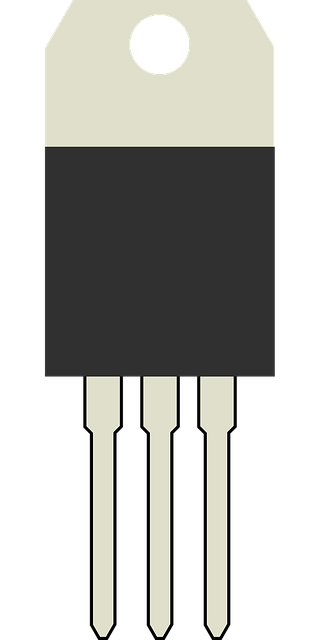Well pump filters are vital for maintaining clean water, preventing plumbing leaks, and extending equipment life. They remove contaminants through various methods like mechanical filtration, carbon, or reverse osmosis. Regular filter maintenance based on manufacturer guidelines is essential to protect your water supply from pathogens and chemicals, avoiding costly leaks. Prompt leak detection, understanding causes (e.g., worn gaskets, corroded pipes), and specific repair techniques are key to minimizing damage and water waste. Proper filter cleaning using suitable tools and rinsing preserves well pump efficiency and prevents blockages that can lead to plumbing leaks.
In many rural or off-grid homes, well pumps are essential for clean water access. To ensure these systems remain efficient and reliable, proper maintenance is key. This includes regular cleaning of well pump filters, which trap sediment and debris, preventing plumbing leaks. Understanding the role of these filters and adopting effective cleaning methods can significantly reduce water quality issues caused by unwanted contaminants, thereby extending the lifespan of your well pump system.
- Understanding Well Pump Filters and Their Role
- Identifying Plumbing Leaks and Their Causes
- Effective Cleaning Methods for Optimal Performance
Understanding Well Pump Filters and Their Role

Well pump filters play a crucial role in maintaining the efficiency and safety of your well water system. These filters are designed to remove contaminants, such as sediment, debris, and even bacteria, from the water before it enters your home or business. By doing so, they help prevent plumbing leaks and extend the lifespan of your pumps and pipes.
Understanding the importance of regular filter maintenance is key to ensuring the quality of your well water. Different types of filters cater to various needs, with some focusing on mechanical filtration to trap solid particles, while others employ carbon or reverse osmosis technology for chemical and biological purification. Regular cleaning or replacement, as recommended by manufacturers, ensures optimal performance, safeguarding your water supply from potential hazards like pathogens and harmful chemicals, thus avoiding costly plumbing leaks.
Identifying Plumbing Leaks and Their Causes

Identifying plumbing leaks is a crucial step in maintaining efficient water systems. Leaks can manifest in various forms, from subtle water spots on walls to noticeable dripping sounds. Regularly checking for these signs, especially around fixtures, pipes, and appliances, can help you catch potential issues early. Once identified, it’s essential to investigate the root cause. Common causes of plumbing leaks include worn-out gaskets or seals, corroded pipes, faulty valves, or misaligned fittings. Understanding the source is vital for effective repair and prevention.
Different types of leaks may require specific attention. For instance, a slow drip could indicate a minor issue with a faucet or showerhead seal, while a sudden gush of water might signal a burst pipe or main line problem. Addressing these issues promptly not only saves water but also prevents further damage to your property and reduces unnecessary expenses.
Effective Cleaning Methods for Optimal Performance

Properly cleaning well pump filters is essential for maintaining optimal system performance and preventing costly plumbing leaks. Start by shutting off the pump to ensure safety. Then, locate the filter and assess its type—cartridge, mechanical, or sediment. Cartridge filters can be easily cleaned by backwashing or replacing the cartridge. Mechanical filters require disassembly for thorough cleaning, removing any debris or buildup. Sediment filters need regular backwashing or flushing to eliminate accumulated sediment.
Use appropriate tools like a hose sprayer or a dedicated filter cleaner for effective cleaning. Avoid harsh chemicals as they can damage the filter media. Rinse the filter thoroughly after cleaning and ensure all components are properly reassembled. Regular maintenance, including timely filter cleaning, is key to preserving your well pump’s efficiency and longevity, thereby avoiding potential plumbing issues caused by blocked or dirty filters.
